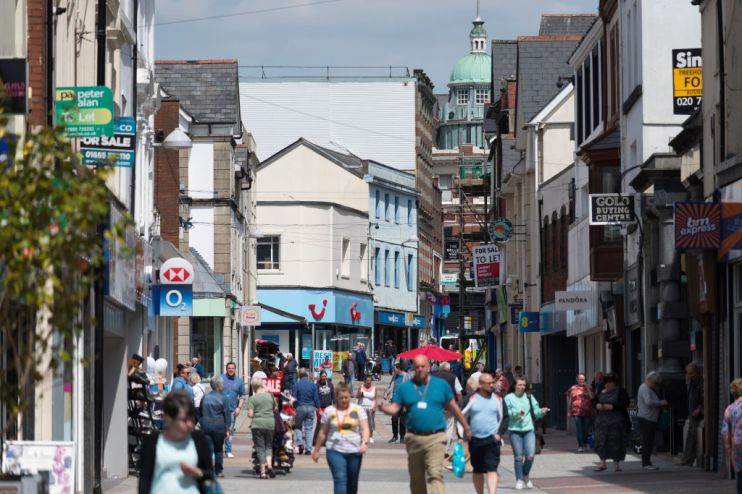Consumer confidence hit highest level in three years

Consumer confidence has risen to its highest level in three years in a tentative sign that the economy is leaving the cost-of-living crisis behind, new data from Deloitte shows.
In its latest quarterly Consumer Tracker survey, Deloitte found that sentiment grew by 6.8 per cent year on year, boosted by a significant improvement in sentiment towards household disposable income.
“The UK economy is on a recovery path, with activity coming back more quickly than had been expected,” chief economist at Deloitte, Ian Stewart, said. But price levels remain about 20 per cent higher than in 2021, he added, which is still a “drag” on consumer spending.
Gfk provided a slightly more subdued look at confidence in their index, which only rose by one point to -31 in July, up from -30 in July 2023.
Respondents were split on personal finances: more people said their finances had improved in the last 12 months than did in June, while fewer said they expected their finances to improve in the coming year.
Gfk found a seven-point increase in its major purchase index, which asks whether consumers consider it a good time to make a major purchase.
“July’s consumer confidence poll suggests a note of caution as people wait to see exactly how
the UK’s new government will affect the wider economy and their personal finances,” Joe Staton, Client Strategy Director GfK, said.
Conflicting data
This tentative view is at odds with consumer insight lead at Deloitte, Celine Fenech, who said that consumer confidence has “turned a corner”.
“With consumers feeling better about their levels of disposable income and inflation back on target, consumers are seeing their purchasing power gradually improve and a boost in spending will likely follow,” Fenech added.
However, the boost in spending has yet to matierialize, as wet weather pushed Brits to shun spending in favour of staying indoors during June.
Deloitte found that sentiment towards disposable income – which came in at minus 23.1 per cent – remained significantly below where it was in the first quarter of 2021 – at minus 10.3 per cent – when consumers emerged from the pandemic with record levels of savings.
“It appears that the consumers who are spending more are doing so because they are purchasing more, rather than due to higher prices, which is a positive sign of the start of a recovery,” Fenech said.
Linda Ellett, UK Head of Consumer, Retail and Leisure for KPMG, said: “Consumer confidence levels continue to be governed by this higher cost environment and whether households have been able to absorb the likes of mortgage and rent increases, or have had to significantly adapt other areas of their spend.
KPMG research shows that four in ten people say they’ve cut their non-essential spend further in 2024, leaving as many people feeling less confident about their financial security as the year has progressed as those who are feeling more confident.”
Inflation came in at two per cent for the second month in a row in June.
Interest rates, however, are unlikely to fall next month as the UK still faces inflationary pressures from wage growth and inflation.
Prices in the services sector rose 5.7 per cent in the year to June, unchanged on the month before and ahead of expectations.
